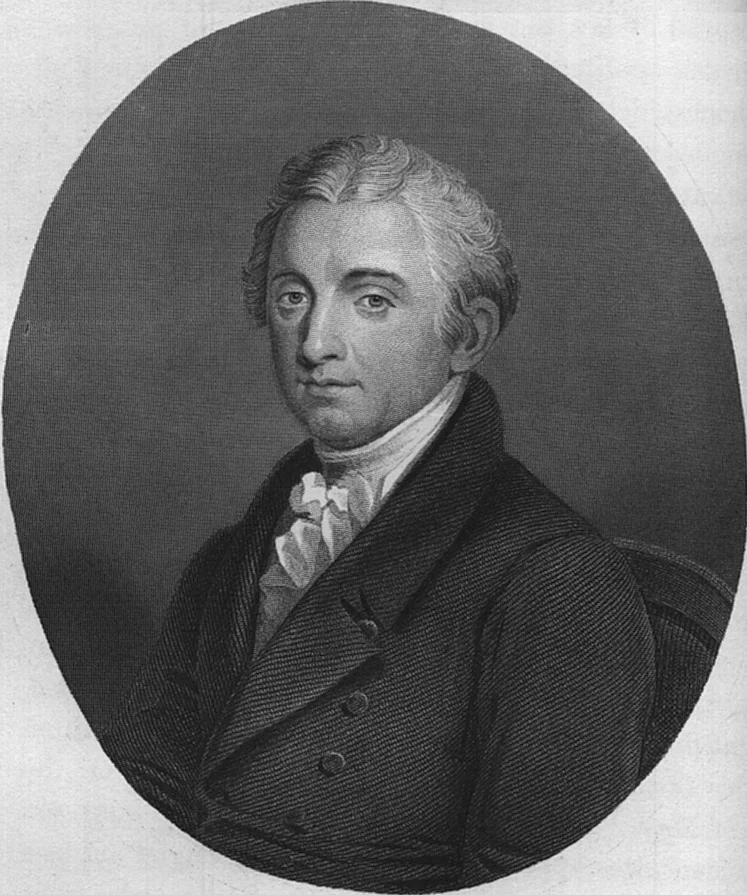Robert Morris - The Founding Father We're Supposed To Know
By the outbreak of the American Revolution, Robert Morris was one of the wealthiest men in America. He had amassed a fortune in international trading and real estate. Although he disagreed with Britain’s taxation without regulation, he thought the rebellion could be completed without separating from the Mother Country.
When the Continental Congress first voted for independence, he was one of the few who said no.
When the second vote was taken, he abstained. This allowed Pennsylvania to approve independence, which most of his colleagues wanted, without him having to break with his conscience.
Fortunately, Robert Morris was a man of great integrity, saying…
"I am not one of those politicians that run testy when my own plans are not adopted. I think it is the duty of a good citizen to follow when he cannot lead."
He would sign the Declaration of Independence with his compatriots and immediately throw himself into the Revolution.
He used his international network of trading partners to act as spies against the British.
He would donate his own ships to begin a Navy.
Robert Morris would use his vast wealth and, almost single handedly, financed the American Revolution. ‘Morris Notes’, as they were called, were (in essence) America’s first currency. They were used to pay the troops and fund the war when there was no other money to be spent.
Morris later lent his signature to the Articles of Confederation, being present for the creation for the first government of the United States.
When the Continental Congress decided to change from committees to elected positions of leadership, Morris became both the Superintendent of Finance and Agent of the Marine. Today, these positions correspond to Secretary of Treasury and Secretary of the Navy.
Recommendations he made as Superintendent of Finance, though not enacted until the Washington Presidency, would include a decimal monetary system instead of the pound and a National Mint to make coins.
As Agent of the Marine, he would help win the Revolutionary War, most notably helping Washington move troops to Yorktown.
After the war, Morris was elected to the Constitutional Convention. In perhaps the most significant moment of his life, he was the one to nominate George Washington as president of that body. In hindsight, one might think this is important because he was given an honor on this momentous occasion. Many of the people there thought Morris himself should be given the position. The convention had been called primarily to deal with financial issues and Morris, having been the leader in all things money throughout the creation of the Union, was thought to have the most awareness as to how the proceedings should be carried. Nominating Washington put an end to any questions as to who should be in charge but also assured that the convention would begin as a united force.
After the Constitution had been ratified and Washington took office as President of the United States of America, he requested that Robert Morris be the first Secretary of the Treasury. Seemingly having enough of public life, Morris declined the offer and submitted that Alexander Hamilton be given the position.
When the capital of the United States was temporarily moved to Philadelphia, Morris lent his house to Washington and, afterwards, John Adams, making his home the Executive Mansion before the White House.
In his later years, having spent much of his fortune winning the American Revolution and creating the United States, Morris made some poor decisions on land investments. He ended up finding himself broke and was sent to debtor’s prison.
After two and a half years in prison, the government created the first bankruptcy laws specifically with him in mind. Adding yet another, though not so happy, mark he left on his country.
Robert Morris quietly retired and passed away a few years later at the age of 72.
This brief recap does little to demonstrate just how much an influence this one man had on the foundation of the United States of America. Of all the heroes of this nation that are overlooked, Robert Morris is the one that every citizen should get to know just a little bit better.
Further Reading
Check out these Robert Morris related books we like on Amazon:





